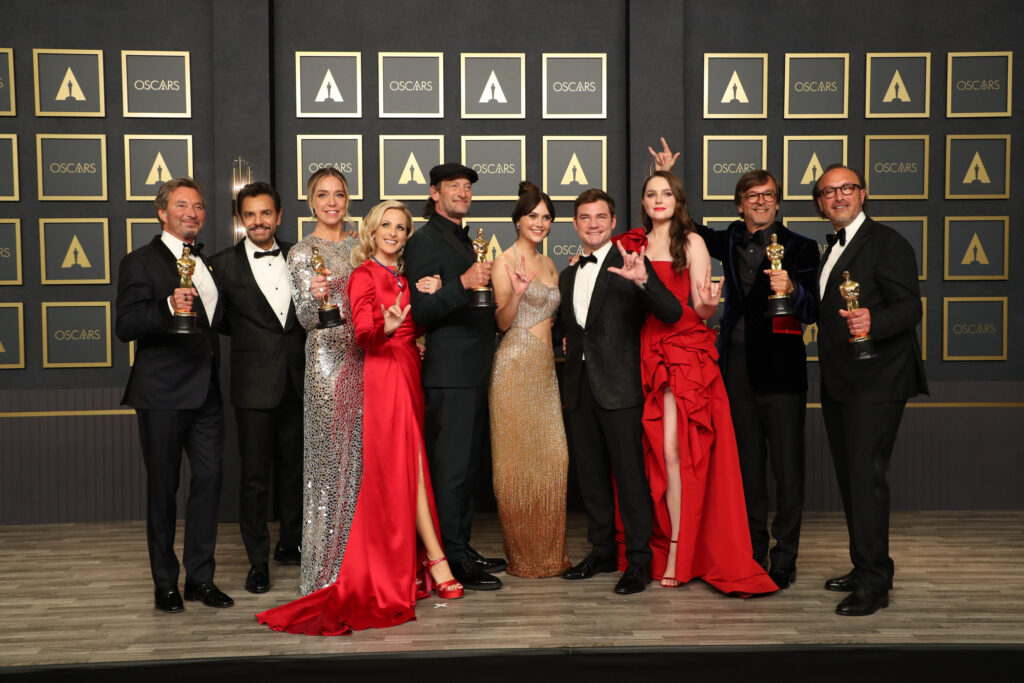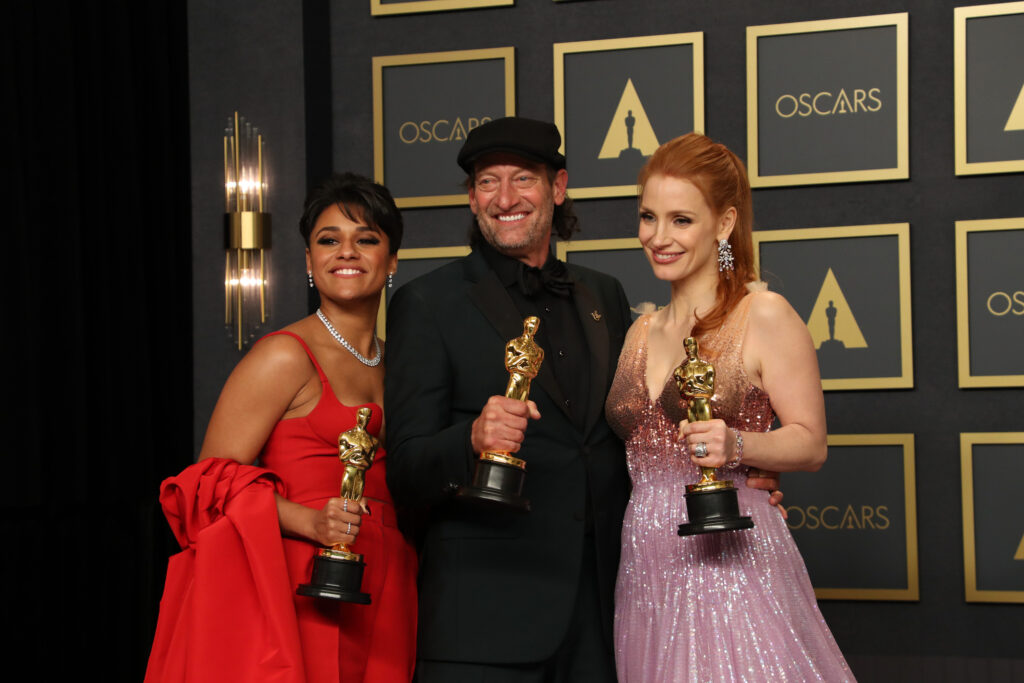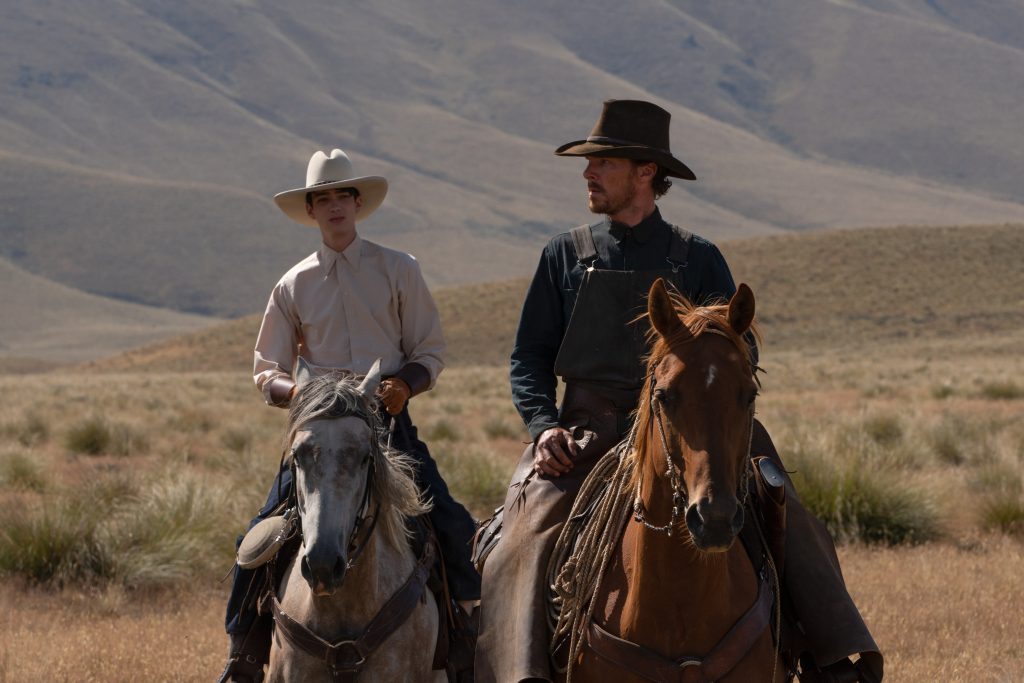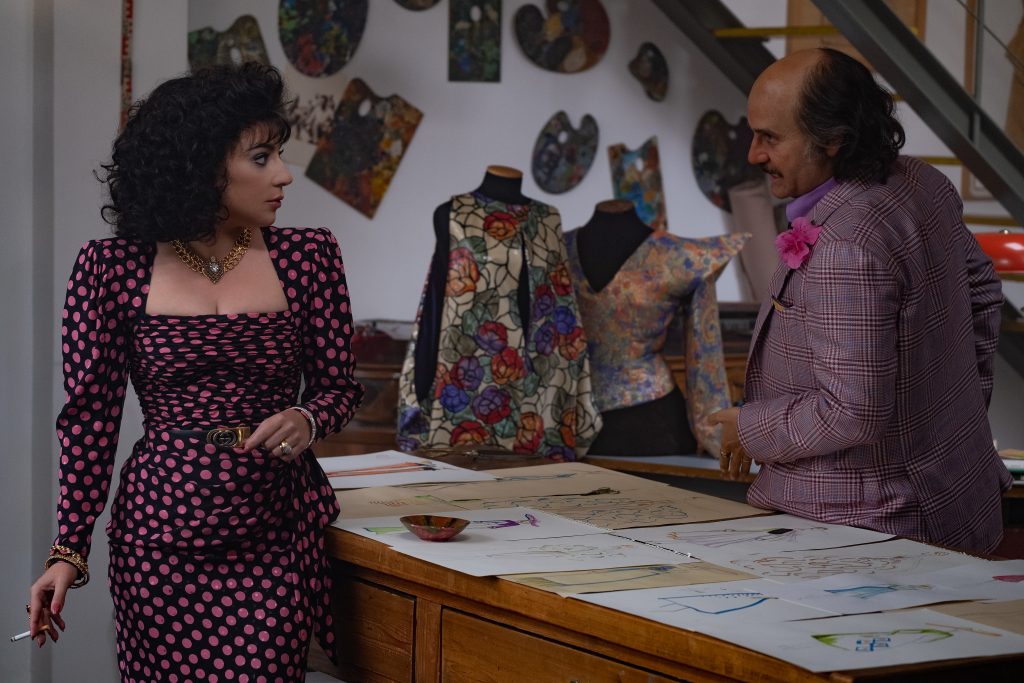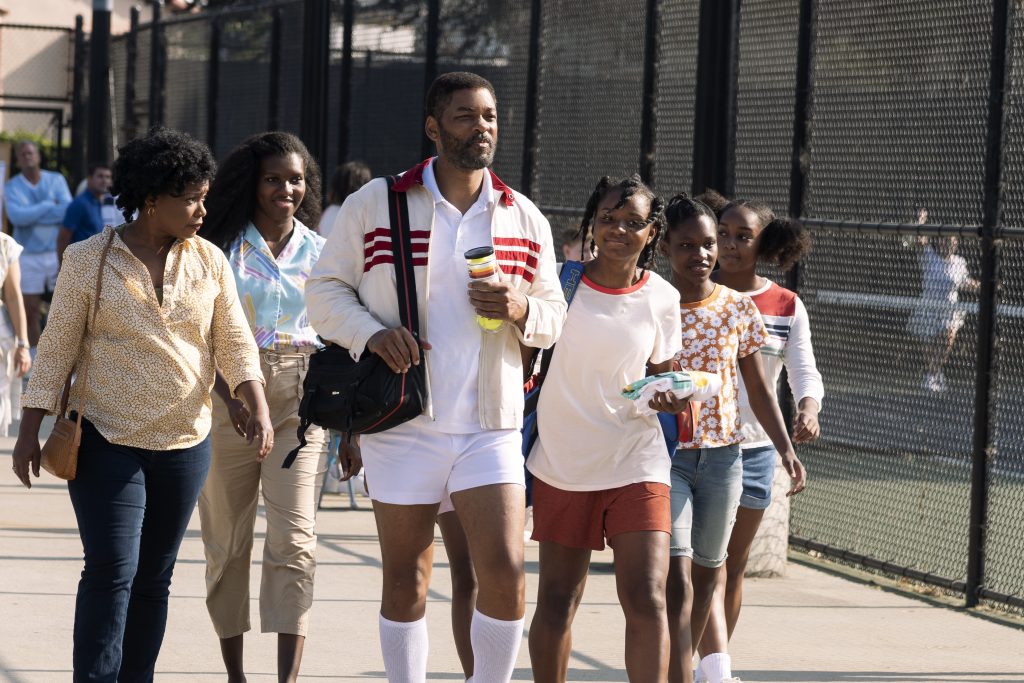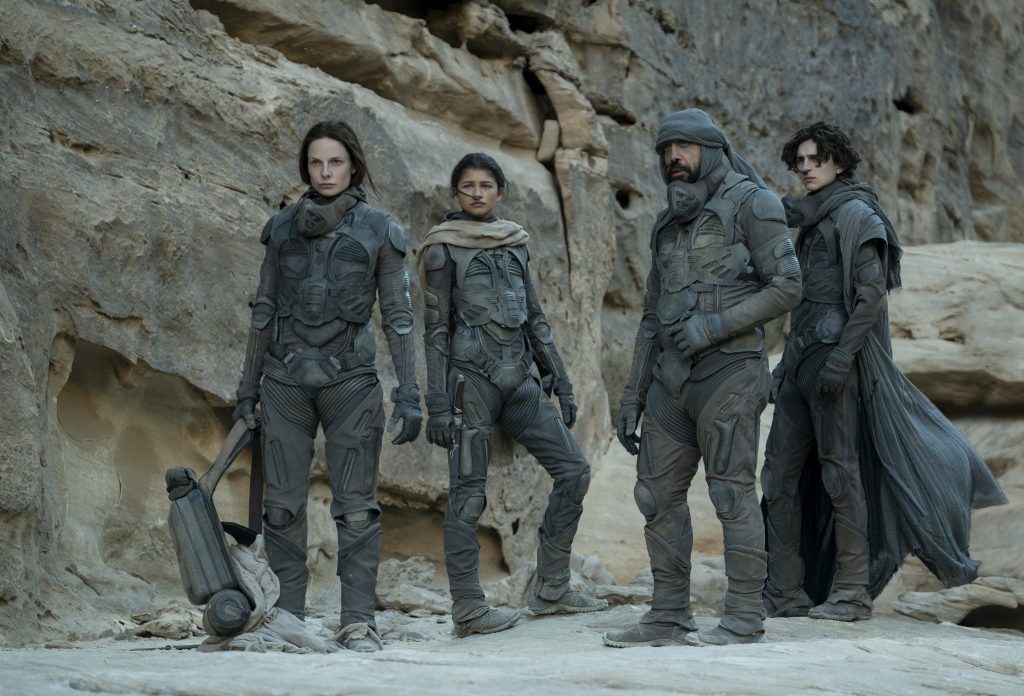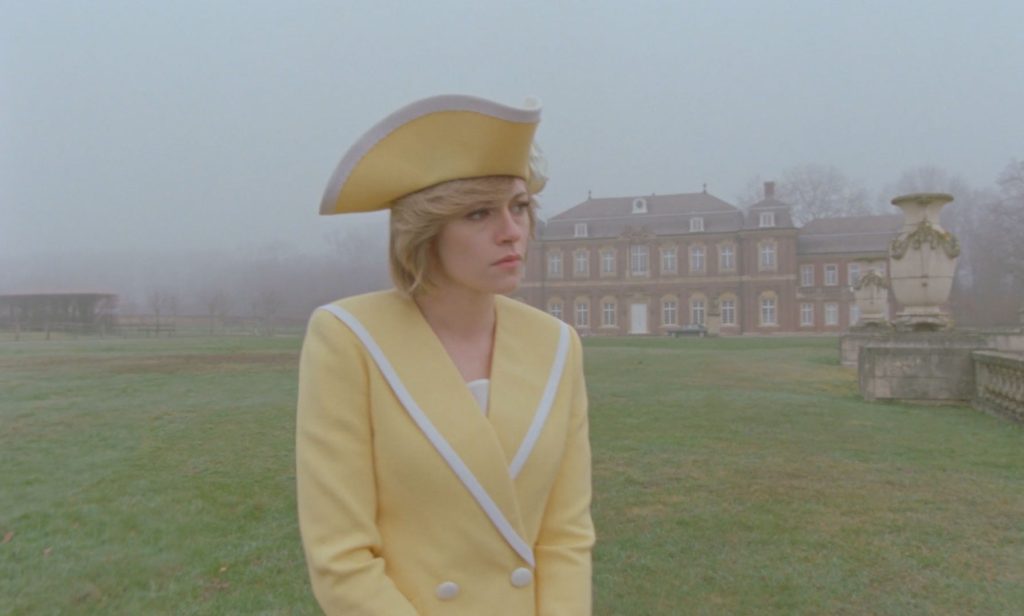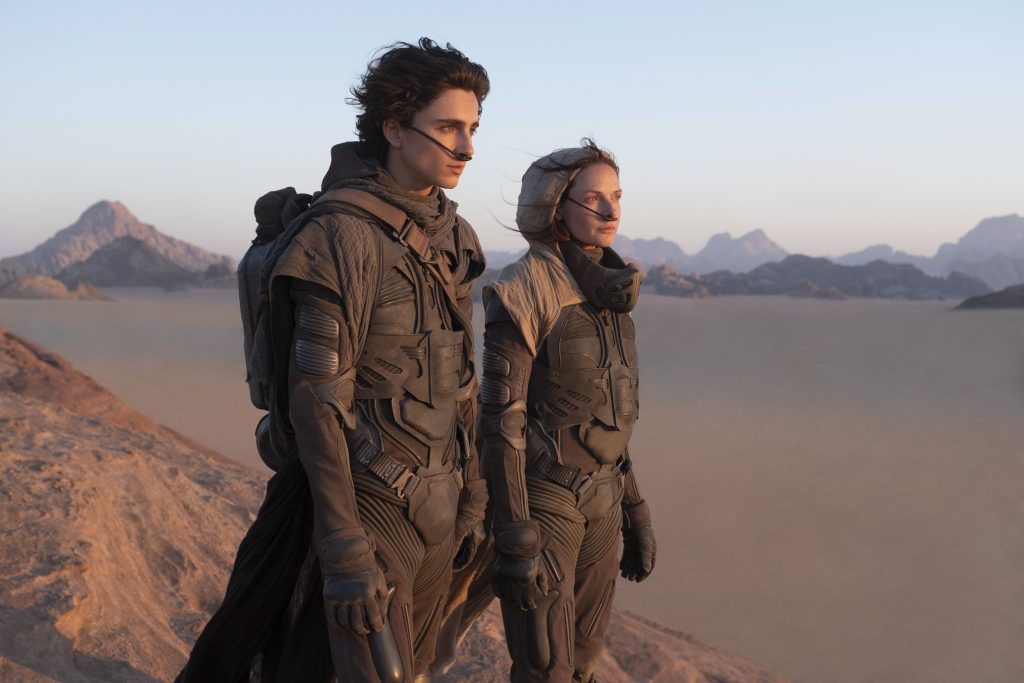February 21, 2024
by Carla Hay

Directed by Denis Villeneuve
Culture Representation: Taking place in the year 10,191, on the fictional planets of Giedi Prime and Arrakis, the sci-fi action film “Dune” features a predominantly white cast of characters (with some black people, Asians and Latinos) representing heroes, villains and people who are in between.
Culture Clash: House Atreides royal leaders Paul Atreides and his mother Jessica, who are refugees from their planet Caladan, get suspicion from and ultimately join forces with the native Fremen people of Arrakis, to battle against House Atreides rivals in House Harkonnen from the planet of Giedi Prime.
Culture Audience: “Dune: Part Two” will appeal primarily to people who are fans of the “Dune” novel and to people who like epic sci-fi adventures with stunning visuals and good acting.
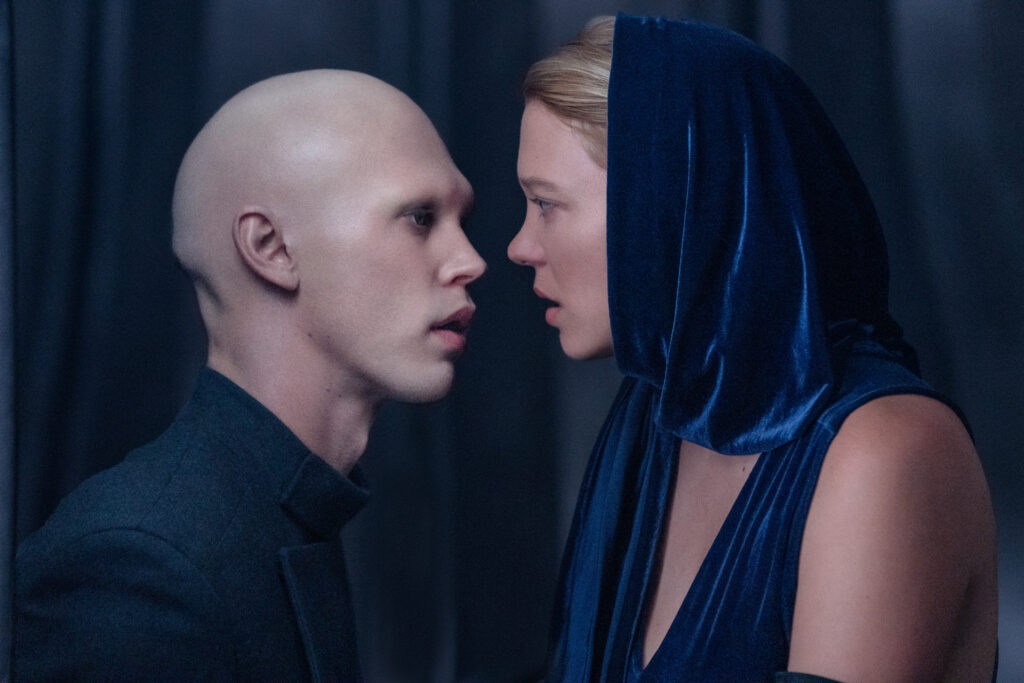
“Dune: Part Two” is a masterful technical achievement that surpasses its predecessor movie on a storytelling level. It’s less cluttered with characters than 2021’s “Dune” and has a more compelling villain and higher emotional stakes. Fans of the the “Dune” franchise will have their expectations met or surpassed with “Dune: Part Two,” a sci-fi epic worth seeing on the biggest screen possible with the best sound system possible.
Directed by Denis Villenueve, “Dune: Part Two” (co-written by Villenueve and Jon Spaihts) is the second part of Villenueve’s movie triology adaptation of Paul Herbert’s densely packed 1965 novel “Dune.” (Villenueve’s “Dune” adaptations are far superior to 1984’s disastrously awful “Dune” movie, directed by David Lynch.) The first part of Villenueve’s “Dune” movie, released in 2021, was an introduction to the main characters and had a lot to do with showing the combat training and the rise of main “Dune” hero Paul Atreides (played by Timothée Chalamet), a royal leader from House Atreides.
Is it necessary to know about the “Dune” book and/or know what happened 2021’s “Dune” to completely enjoy “Dune: Part Two”? Yes. There are many references to 2021’s “Dune” in “Dune: Part Two” that will be confusing to viewers who don’t know what happened in 2021’s “Dune.” Viewers who watch “Dune: Part Two” who don’t know anything about the “Dune” story can still enjoy “Dune: Part Two,” but they will feel like they’ve started reading a book from the middle, not from the beginning.
In “Dune: Part Two” (which takes place in the year 10,191), Paul and his mother Jessica (played by Rebecca Ferguson), who is pregnant with a daughter, are refugees from their home planet Caladan, which has been devastated by a genocidal attack from House Harkonnen. The attack killed Paul’s father/Jessica’s live-in partner Leto Atreides (played by Oscar Isaac), a duke who passed on his legacy to Paul before Leto died. Leto was ordered to be the fief ruler of Arrakis, a desert planet with harsh terrain that is the only place to find a priceless treasure: melange, also known as spice, a dusty substance that can enhance and extend human life.
Because spice is the most sought-after substance in the universe and can make people wealthy, people will go to extremes to get it and to be in charge of Arrakis, whose native people are called Fremen. Prolonged exposure to spice can turn humans’ eyes blue in the iris. Harvesting spice can be a deadly activity because gigantic sandworms ferociously guard the spice. “Dune: Part Two” begins with this caption: “Power over spice is power over all.”
House Atreides and House Harkonnen have been in a bitter rivalry over getting control of spice. House Harkonnen was behind the attack that killed Leto and several of his people. The evil leader of House Harkonnen is a baron named Vladimir Harkonnen (played by Stellan Skarsgård), an obese and ruthless tyrant, who likes to spending time in saunas filled with a tar-like substance. Vladimir’s closest henchman is his sadistic nephew Glossu Rabban (played by Dave Bautista), who doesn’t hestitate to kill anyone for any reason.
The person who orderd Leto to rule over Arrakis was his adoptive cousin: Padishah Emperor of House Carrino named Shaddam Corrino IV (played by Christopher Walken), who was not seen in 2021’s “Dune,” but he has a prominent role in “Dune: Part Two.” In the beginning of “Dune: Part Two,” Shaddam’s daughter Princess Irulan (played by Florence Pugh) can be heard in a voiceover commenting on the night of the House Atreides massacre: “Since that night, my father hasn’t been the same.”
Why? It’s because Shaddam set up Leto as ruler of Arrakis, knowing that House Harkonnen wold respond with a brutal attack on House Atreides. This betrayal (which isn’t spoliler information) becomes a layer in the conficts that exist in “Dune: Part Two.” There is also a big family secret that is revealed that has to do with House Atreides and House Harkonnen.
Meanwhile, Paul and Jessica have made their way to Arrakis, with the help of Stilgar (played by Javier Bardem), the leader of the Fremen tribe called Sietch Tabr. Stilgar is the translator, and negotiator when the Fremens become suspicious of the arrival of Paul and Jessica, who ar ebelieved by many Fremens to be spies. Stilgar, who is convinced that Paul is the messiah from a prophecy, is often the movie’s comic relief in how he how tries to convince his skeptical Fremen people to trust Paul and Jessica and to believe that Paul is the messiah.
In 2021’s “Dune,” Paul met an independent and outspoken young Freman woman named Chani (played by Zendaya), who kept appearing in his dreams before he met her. In “Dune: Part Two,” Paul and Chani develop a romance that heats up quickly, as Chani teaches Paul how he can better navigate avoiding sand worms while walking in the desert. (“You sand walk like a drunk lizard,” she chastises Paul.) Before the movie is half over, Paul and Chani are kissing each other, and he declares his love for her. None of this is spoiler informaton, since this love affair is part of the marketing of “Dune: Part Two.”
However, the relationship between Paul and Chani doesn’t happen without problems. There’s the difference in their social classes: Chani is more uncomfortable with Paul is about the fact that he’s a royal and she’s a commoner. Chani also has to spend a lot of time defending Paul to Fremen skeptics, such as her close friend Shishakli (played by Souheila Yacoub), who is a perceptive and brave fighter. All of the female supporting characters in “Dune” are capable but obviously not meant to outshine Chani.
Meanwhile, House Harkonnen has heard stories that Paul and Jessica are still alive. And you know what that means: There’s going to be another big showdown. And guess who conveniently shows up? Paul’s no-nonsense mentor Gurney Halleck (played by Josh Brolin), who was one of the teahcers in Paul’s fight training. Gurney is still loyal and mostly stoic. He doesn’t really become a father figure to Paul, but Gurney the closest male connection that Paul has to Leto, since Gurney and Leto knew and respected each other.
For the big showdown in “Dune: Part Two,” House Harkonnen has enlisted the help of a vicious killer named Feyd-Rautha Harkonnen (played by Austin Butler), Vladimir’s nephew whose weapon of choice is a massive knife. A seductive psychic spy named Lady Margot Fenring (played by Léa Seydoux) has a plan to seduce and get pregnant by Feyd-Rautha, for reasons that are explained in the movie. She also does this seduction to find out what Feyd-Rautha’s weaknesses are.
The 2021 version of “Dune” was nominated for 10 Oscars and won six Oscars: Best Film Editing, Best Cinematography, Production Design, Best Sound, Best Original Score and Best Visual Effects. Without question, “Dune: Part Two” is also award-worthy in these categories as well. Everything in “Dune: Part Two” is done on a grand, immersive scale that are stellar examples of excellence in cinematic world building of a fictional universe. “Dune: Part Two” (which was filmed in Hungary, Abu Dhabi, and Jordan) has scenes taking place in the sand that are truly unforgettable.
As for the relationships between the characters, Paul sees a more vulnerable side to his mother Jessica, when she is pressured into becoming a reverend mother, which is a responsibility with physical and emotional burdens that Jessica is reluctant to have. In the first half of the movie, Jessica shows her powerful fight skills, but after she transforms into a reverend mother, Jessica ctually becomes passive, as she sits by and watches other people fight. Reverend Mother Mohiam (played by Charlotte Rampling), who was in 2021’s “Dune,” has a more scheming side that is revealed in “Dune: Part Two.”
“Dune: Part Two” might have more appeal than 2021’s “Dune” for people who want to see the romance of Paul and Chani that didn’t exist in 2021’s “Dune.” This romance is very chaste, with a “first love” tone to it. The “Dune” trailers already revealed much of the dynamics in this romance, where Paul respects Chani and wants to treat her as his equal. However, will Paul’s royal lineage and duties get in the way of this budding romance?
Chalamet and Zendaya are quite good in their roles as Paul and Chani, but nothing about their performances is worthy of prestigious awards. Paul is depicted as a sensitive and somewhat tortured hero. He tells Chan that he keeps having nightmares of thousands of people dying of starvation because of him. Chani is kind of a stereotypical “tough woman in an action film” who wants to act like she doesn’t fall in love easily, but of course she does just that with Paul.
A characteristic of an above-average sci-fi/fantasy film is the portrayal of the chief villain or villains. Skarsgård as Vladimir Harkonnen and Bautista as Glossu Rabban have less screen time in “Dune: Part Two” than they did in 2021’s “Dune” and don’t really do anything new with their performances. Butler as Feyd-Rautha is the “Dune: Part Two” villain who is the obvious standout, since it’s already been revealed in the movie’s trailers that the climactic battle scene includes a one-on-one fight with Paul. “Dune: Part Two” lacks susbtance by not telling more about Feyd-Rautha’s background. He’s an enigma for the entire movie.
“Dune: Part Two” will no doubt have multiple viewings from fans of the franchise. As for winning over new fans, the movie has a tone that seems to be saying, “You either understand what you’re watching , or you dont. And we don’t have time to explain it all to you.” If you’re unfamiliar with the “Dune” franchise, and you’re the type of person who doesn’t like the idea of dong homework-like research before seeing a sc-fi movie that has a complex story, then “Dune: Part Two” probably isn’t for you. For everyone else, “Dune: Part Two” will fill up your senses with an absorbing story whose cliffhanger ending hints at how this excellent cinematic adaptation continues.
Warner Bros. Pictures will release “Dune: Part Two” in outside the U.S. on February 28, 2024, and in U.S. cinemas on March 1, 2024.

